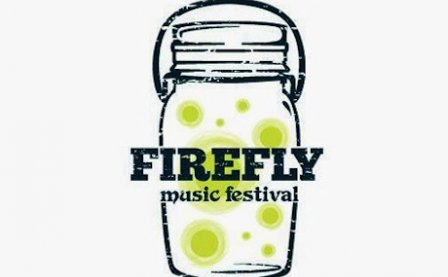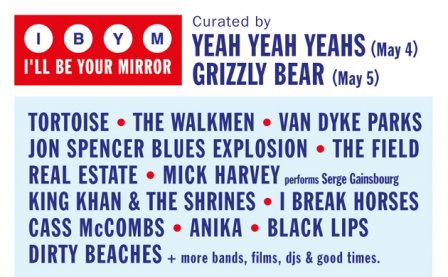For the past decade and a half, Grizzly Bear have been working to establish a lingua franca between the historically uncool prog rock and the sporadically trendy indie rock. This idiom the group has created often combines protean song structures with affecting first-person lyricism in order to defy the capricious gauges of hipness to which so many indie acts submit themselves. It also abides the occasional pop concession that demands a more conspicuous mix of Ed Droste’s vocals amid the erudite, imperious instrumentation by the rest of the group. Consequently, Grizzly Bear’s conception of rock music is one of inclusive open-mindedness and generic metamorphosis, allowing for frequent experimentation while still leaving the band’s identity and accessibility intact. Yet here, on Painted Ruins, sonic exploration causes the album’s atmosphere to rise to salience and all but divest its songs of distinctiveness and viscera.
As the title suggests, Painted Ruins features Droste examining the past — more specifically, his personal history — but while the album’s use of the modifier “Painted” intimates a kind of revisionism or whitewashing, its lyrics depict an unflinching appraisal of the singer’s previous missteps and transgressions. At turns, Droste plays the defeatist, conceding his wrongheadedness while acknowledging the incorrigibility of his actions, like on “Mourning Sounds:” “I made a mistake/ I should have never tried.” Elsewhere, he promotes an occlusion from the past, as on “Aquarian,” in which Droste advises an “astral actor” to “lay [his/her] body on the burning ground/ That separates this mind from all that’s passed.” Ultimately, though, Droste and co. learn to accept the past as inextricable from the present (and future). The band uses epiphany as a pathway to atonement, as evidenced by “Sky Took Hold,” in which a world-weary Droste reconsiders his identity (“Who I am beneath the surface/ Hiding out so long inside my mind”) and, upon confronting the facet of himself he’d so tirelessly worked to hide, finally gives it the attention it deserves: “I’ve grown to accept it, let it take the stage.”
Unfortunately, these metaphysical abstractions are buttressed by an underwhelming, contemplative instrumentation befitting such intellectual ideas. Whether the group are aping Low-era Bowie (“Wasted Acres”), playacting as a heavily-sedated Steely Dan (“Glass Hillside”), or adopting the pale aloofness that marred Franz Ferdinand’s Tonight (“Cut-Out”), Grizzly Bear match the ruminative nature of their introspective lyrics with equally subdued music. The tracks often drift into one large ether of synth sounds bereft of any virility. Not even the 6/8 time signature of “Three Rings,” for example, can engender enough vim to redeem the song’s slow-burning dynamics and nebulous vocals. Painted Ruins, however, isn’t without its excitations; boasting the album’s most developed melody and undergirded by Christopher Bear’s no-frills drumming, “Mourning Sound” finds Grizzly Bear at their zenith on the album, pairing dreamy synth-rock with a near-earworm chorus. Likewise, the commanding yet androgynous vocals of “Systole” complement the song’s warm, florid instrumentation, rendering it evocative of the rush of blood to which the song title refers. Through the synthetic miasma of Painted Ruins, there shines the scant beacon.
Grizzly Bear have never been a group to temper their idiosyncratic proclivities in the name of commercialism; their liberal approach to song structure and production has effectively stymied their commercial success (excepting Shields and Veckatimest), yet it’s also afforded them unwavering indie-kid adoration. But as we see fellow alternative rock compatriots Animal Collective and Arcade Fire shooting themselves in the foot by making safe, benign music of late, it bears repeating that experimentation in rock & roll simply can’t sustain itself. This writing is carved on the walls of the indelibly scarred psyches of Brian Wilson, Roky Erickson, and Jeff Mangum. So on the new album, The Grizzlies obfuscate their own future by indulging in retrospection and trudging ahead with the electronic sound that allotted them their initial success. But with nary an aural step forward from their hitherto records, Painted Ruins ends much in the same way it begins, not with a bang, but with a drone.
More about: Grizzly Bear




